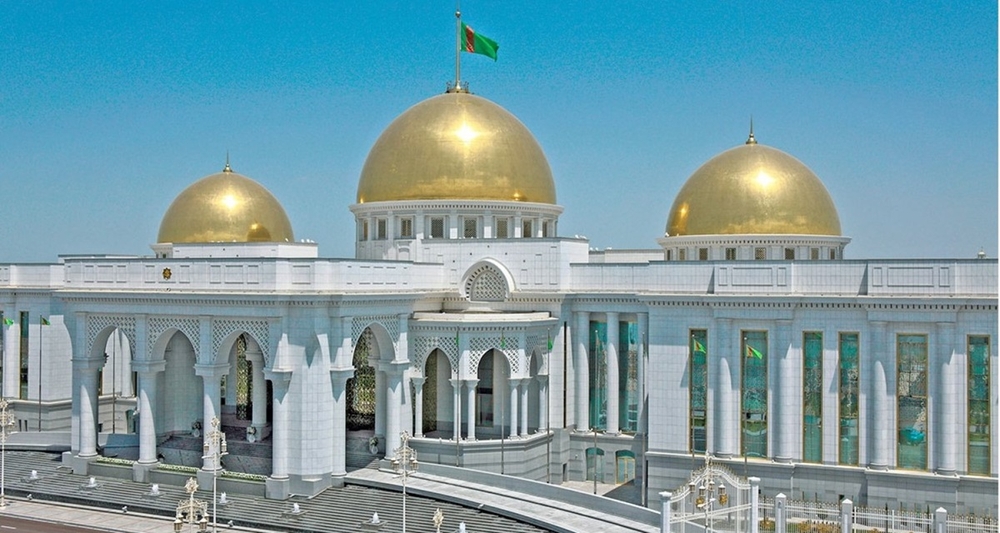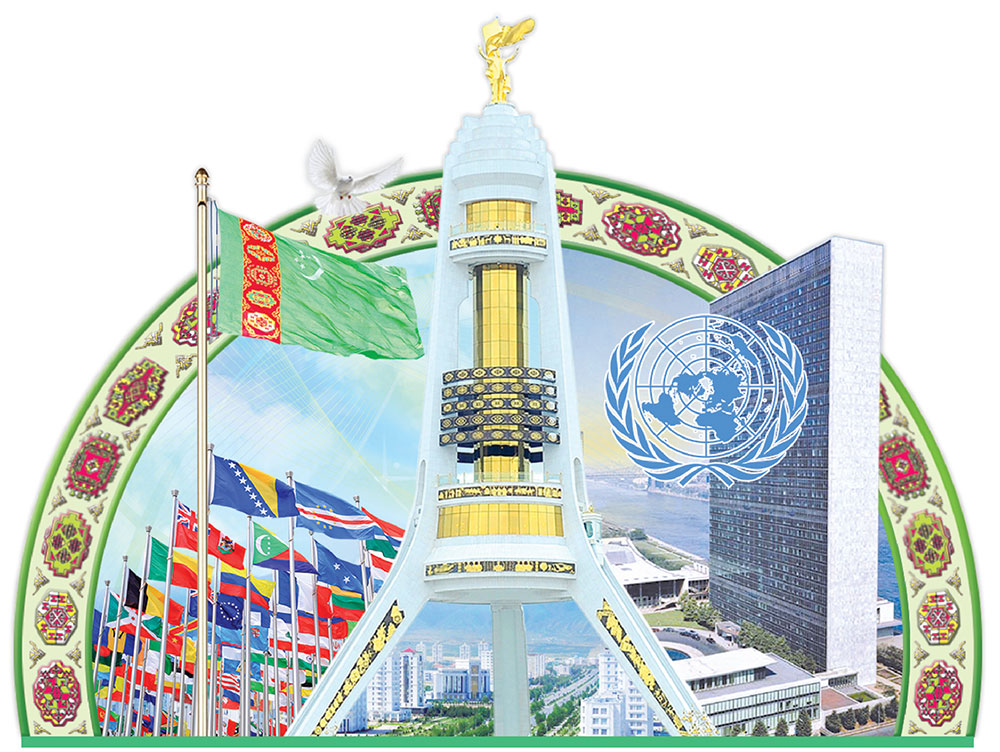
News
Concept of Priority Directions in the International Year of Peace and Trust
151

The trends and events of recent years highlight significant changes in international and interstate relations, the intensification of global and regional contradictions, and the emergence of conflicts in various parts of the world.
The causes of these phenomena vary, but it is evident that the defining feature of the current state of global politics is a deficit of trust and significant differences in views and interpretations of what constitutes an appropriate model of global order.
This creates a complex situation that could regress the international agenda to an era of bloc and civilizational confrontations, complicating multilateral cooperation in addressing new challenges and threats, achieving Sustainable Development Goals, ensuring fair resource distribution, food security, poverty alleviation, reducing inequality, responding to climate change, and resolving other pressing global issues.
Under these circumstances, Turkmenistan, as a responsible state, advocates for consolidating international efforts to overcome the current crisis constructively and create the necessary political and diplomatic conditions for this purpose.
Based on this, during the 78th session of the UN General Assembly, Turkmenistan initiated the Resolution "2025 - International Year of Peace and Trust," which was unanimously adopted with the co-authorship of 86 countries.
The resolution reflects the fundamental goals and principles of the UN Charter, particularly the commitment to resolving disputes through peaceful means.
The resolution "2025 - International Year of Peace and Trust" embodies the philosophy of new international relations, "Dialogue is the Guarantee of Peace," initiated by the National Leader of the Turkmen people and Chairman of the Halk Maslahaty of Turkmenistan, Gurbanguly Berdimuhamedov.
Thus, the adoption of the document marks a significant first step toward utilizing the UN's potential to critically assess ongoing events and trends, overcome distrust, and reduce confrontational tensions in global politics.
Turkmenistan regards the decision to hold the International Year of Peace and Trust in 2025 as a global event and a real opportunity to transition to a new stage in international relations. Essentially, Turkmenistan’s initiative invites and calls all nations to embark on joint efforts that encompass political, ideological, and practical aspects of implementing peace and trust as fundamental principles of global order.
This task should be approached systematically with legal and institutional frameworks. Following this logic, the President of Turkmenistan, Serdar Berdimuhamedov, proposed at the UN General Assembly in 2023 the development of a Global Security Strategy, envisioned as a system of views and principles for structuring interstate and international relations in the 21st century.
The strategy advocates a comprehensive approach to solving global problems, emphasizing the interconnectedness of all aspects of security—military-political, economic, energy, environmental, biological, technological, and informational.
The Global Security Strategy is intended to serve as an updated international legal framework for relations between states, reflecting the objective realities and needs of global development. Conceptually, Turkmenistan considers the idea of developing such a strategy a logical and organic element in affirming the principles of peace and trust.
Proposed areas of activity within the framework of the UN include:
- Preventive diplomacy as a tool for conflict prevention and resolution (based on UN General Assembly Resolutions 72/7, 75/272, 77/273 regarding the role of the UN Regional Center for Preventive Diplomacy for Central Asia).
- Utilizing neutrality for peaceful political-diplomatic resolution of disputes (based on UN General Assembly Resolutions 75/28 on neutrality's role in peace and development and 71/275 declaring International Neutrality Day).
- Restoring a culture of trust-based dialogue (based on UN General Assembly Resolutions 73/338, 77/32, and 78/266).
Through this initiative, Turkmenistan builds on the solid international legal foundation of the UN to address pressing challenges effectively.
Turkmenistan also sees the International Year of Peace and Trust as a pivotal period for emphasizing the role of developing nations in global affairs. Genuine trust can only be built on an equitable and balanced dialogue that respects the legitimate rights and interests of developing states.
In the context of regional security, Turkmenistan calls for careful attention to the challenges of Central Asia and neighboring regions, addressing a complex array of issues including political, social, humanitarian, environmental, energy, and water management concerns. The foundation for these efforts includes UN General Assembly Resolutions initiated by Turkmenistan, such as "A Zone of Peace, Trust, and Cooperation in Central Asia."
Highlighting the neutral status of Turkmenistan, recognized by the UN since 1995, the country seeks broader international utilization of neutrality as a practical tool for resolving disputes through negotiations.
In the International Year of Peace and Trust, Turkmenistan proposes intensifying a comprehensive strategy for promoting Sustainable Development Goals, focusing on equitable participation and inclusive approaches to modern global governance.
Turkmenistan’s strategic priorities also include energy transformation and transport connectivity, with proposed initiatives like the Global Alliance for Energy Security Cooperation and the Global Sustainable Transport Connectivity Atlas.
In conclusion, Turkmenistan emphasizes "green diplomacy" and humanitarian collaboration through international partnerships to address shared challenges. By fostering inclusivity and multilateral dialogue, the International Year of Peace and Trust is envisioned as a critical step toward global peace, stability, and sustainable development.
Source: State News Agency of Turkmenistan
© 2025 Ministry of education of Turkmenistan Innovation information center. All rights reserved.


